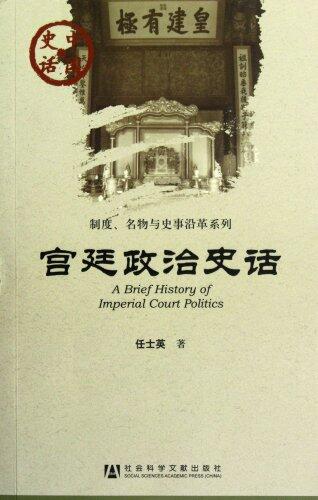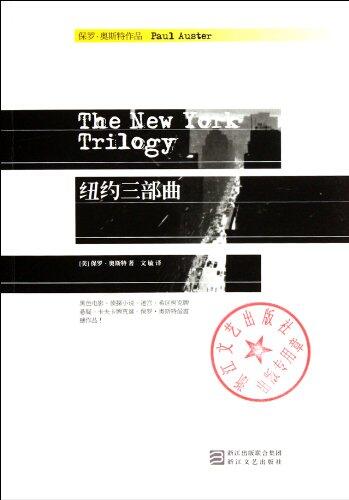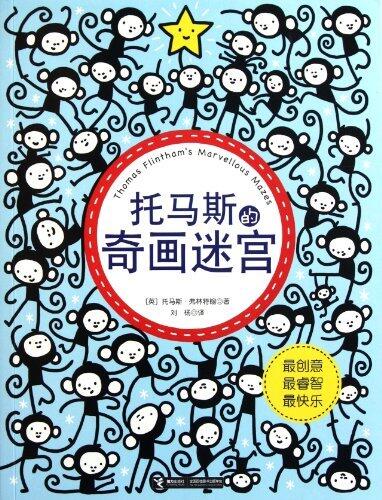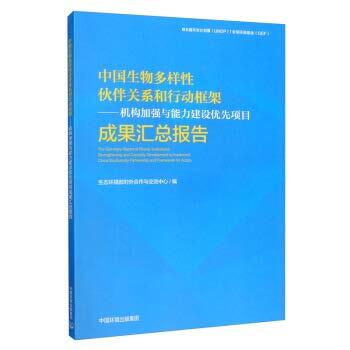
A BRIEF HISTORY OF IMPERIAL COURT POLITICS
by
ren shi ying
No ratings yet
Thriller & Suspense
Action & Adventure
History
Format
Paperback
Pages
228
Language
Chinese
Published
Jan 7, 2012
Publisher
Social Science Academic Press
ISBN-10
7509734517
ISBN-13
9787509734513
Description
In a compelling exploration of the intricate web of power struggles and alliances within imperial courts, the author delves into the nuanced dynamics that shaped governance throughout history. With a focus on the key players—empresses, ministers, and rival factions—the narrative invites readers to understand how personal ambitions collided with the ambitions of the empire, leading to far-reaching consequences.
The author thoughtfully examines various historical contexts, illustrating how court politics transcended mere decision-making to influence the very fabric of society. The rise and fall of influential figures are meticulously chronicled, revealing the intricate tactics employed to gain favor and secure loyalty within the often treacherous environment of the imperial court.
Readers will find themselves captivated by anecdotes of intrigue and betrayal, which vividly bring to life the emotional and psychological dimensions of power. The interplay of culture, ideology, and personal motives adds depth to the portrayal of the imperial courts, making it evident that history is often written by those who navigated the corridors of power.
Ultimately, this work serves as a crucial resource for anyone interested in understanding the delicate balance of power and the personal stories entwined in the annals of imperial court history. It invites reflection on the nature of authority and governance, providing insights that resonate even in contemporary political landscapes.
The author thoughtfully examines various historical contexts, illustrating how court politics transcended mere decision-making to influence the very fabric of society. The rise and fall of influential figures are meticulously chronicled, revealing the intricate tactics employed to gain favor and secure loyalty within the often treacherous environment of the imperial court.
Readers will find themselves captivated by anecdotes of intrigue and betrayal, which vividly bring to life the emotional and psychological dimensions of power. The interplay of culture, ideology, and personal motives adds depth to the portrayal of the imperial courts, making it evident that history is often written by those who navigated the corridors of power.
Ultimately, this work serves as a crucial resource for anyone interested in understanding the delicate balance of power and the personal stories entwined in the annals of imperial court history. It invites reflection on the nature of authority and governance, providing insights that resonate even in contemporary political landscapes.
Reviews
Reading Log
No reading logs found
Start tracking your reading progress to see logs here
Add Your First Reading LogNotes
Transaction Log
No transaction logs found
Start tracking your book transactions to see logs here
Add Your First Transaction Log






![电玩游戏 攻略本 Neverwinter Nights Adventure Guide [CHINESE LANGUAGE EDITION TAIWAN] Video Game Strategy PERFECT GUIDE](https://images.bookpine.com/620c8add-4e4a-4e31-af21-708cee93a627.jpg)
![电玩游戏 攻略本 Neverwinter Nights WORLD BUILDER [CHINESE LANGUAGE EDITION TAIWAN] Video Game Strategy PERFECT GUIDE](https://images.bookpine.com/749e0467-b543-4f8a-9a19-7125fbdaf0f4.jpg)










